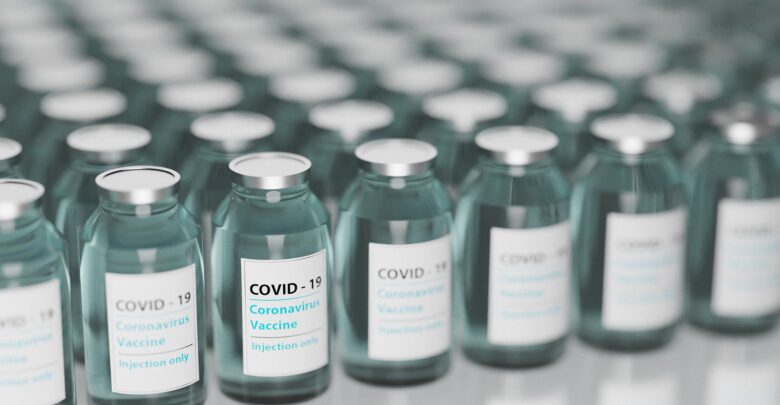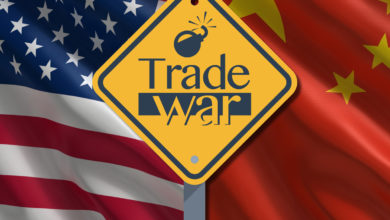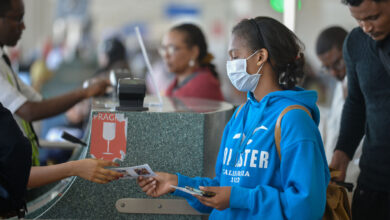
The World Trade Organization (WTO) Director-General Ngozi Okonjo-Iweala on Wednesday welcomed a breakthrough between the European Union, the United States, India, and South Africa on waiving the trade-related intellectual property (TRIP) agreement for the production of Covid-19 vaccines, reported CGTN Africa.
Okonjo-Iweala said that this is a major step forward and this compromise is the result of many long and difficult hours of negotiations.
“But we are not there yet. We have more work to do to ensure that we have the support of the entire WTO Membership,” the Director-General said in a statement.
India and South Africa first began pushing for a decision on their proposal for a temporary waiver of certain provisions of a WTO agreement on intellectual property rights to deal with the coronavirus pandemic.
In October 2020, the two countries had submitted the first proposal, suggesting a waiver for all WTO members on the implementation of certain provisions of the TRIPS Agreement in relation to the prevention, containment or treatment of COVID. They submitted a revised proposal in May last year.
The waiver still requires a green signal from the other 164 members of the WTO as the organization takes its decisions based on consensus. The accord will be blocked even if one country doesn’t support it.
Switzerland, which is home to a number of major pharmaceutical companies, has notably repeatedly voiced its unwillingness to the accord.
“In the WTO, we decide by consensus, and this has not yet been achieved,” Okonjo-Iweala said. “We are ready to roll up our sleeves again to … bring about a full agreement as quickly as possible.”
She said that not all the details of the compromise have been met and that internal domestic consultations within the four members are still ongoing.
The patent waiver agreement, if approved, would enable countries to let domestic manufacturers produce vaccines without patent-holder consent for three or five years. Notably only developing countries with less than 10 percent of global exports of COVID-19 shots in 2021 could take advantage of the waivers.






